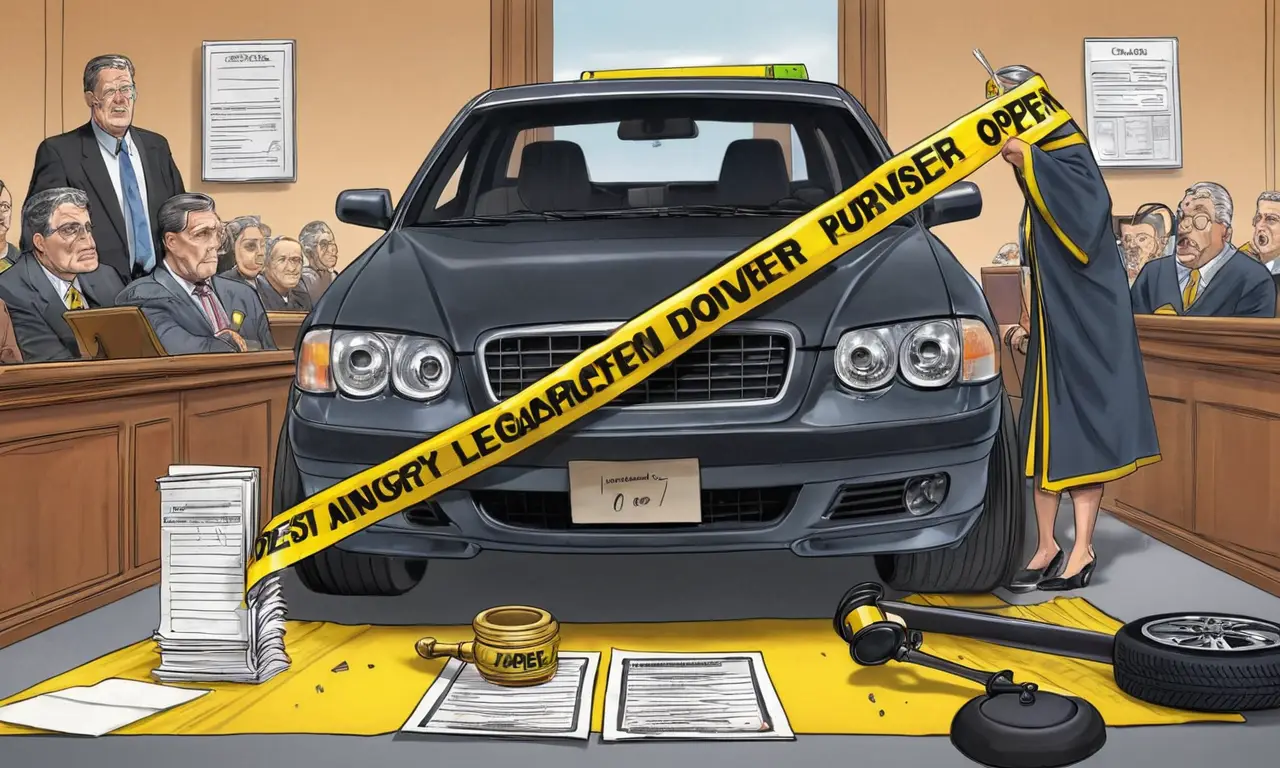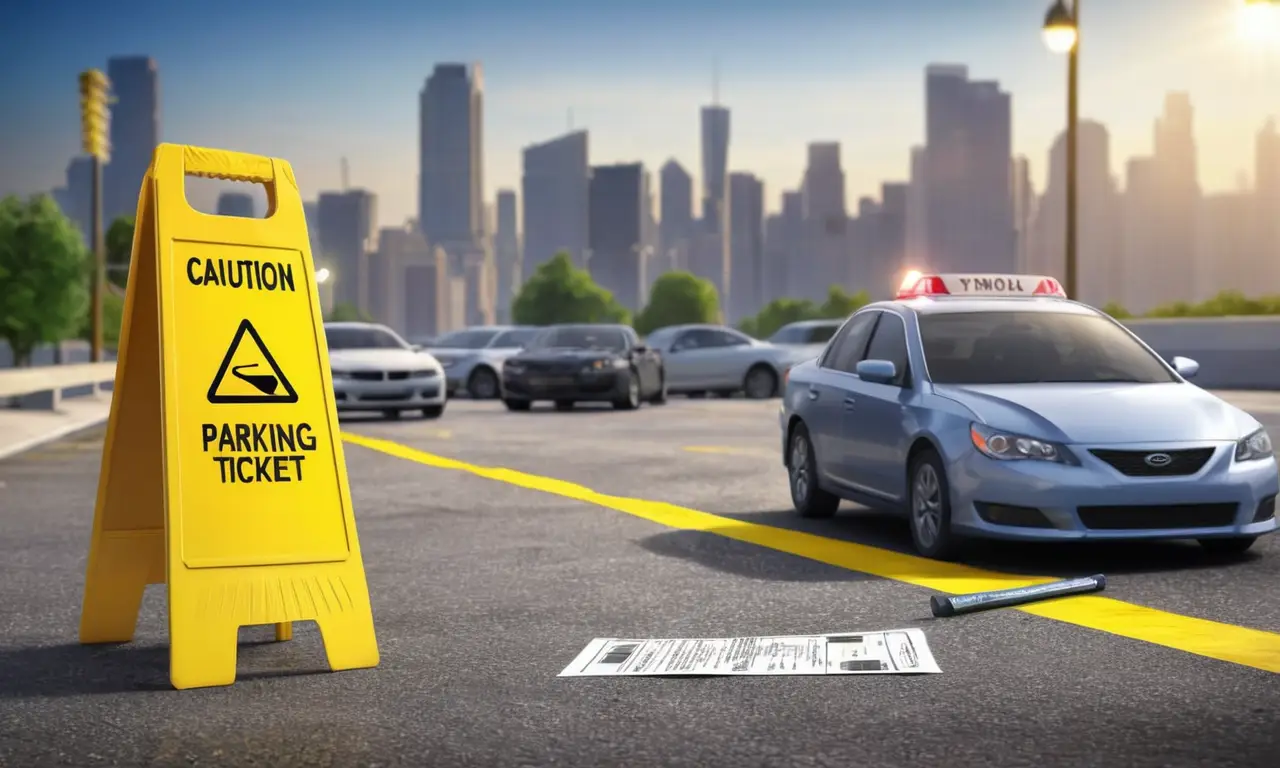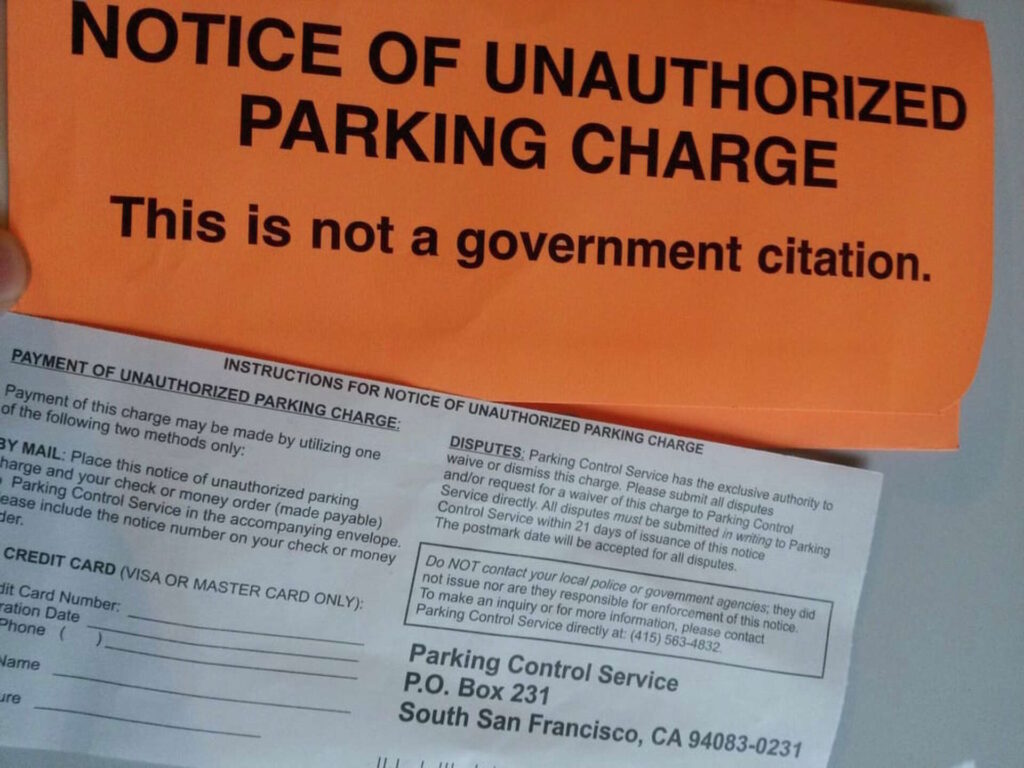Parking tickets are a common frustration for many drivers, but did you know that the rules surrounding parking can vary depending on whether you’re parked on public or private property? While it’s easy to assume private parking lots operate outside of traffic laws, the reality is more nuanced. This article will delve into the legality of private parking tickets, their enforceability, and how to navigate the often confusing world of private parking regulations.
By exploring these key aspects, you’ll gain a better understanding of your rights and responsibilities when parking on private property, ultimately helping you avoid potential fines and headaches.
Private Parking Tickets Legality
The legality of receiving a ticket in a private parking lot hinges on several factors, primarily the jurisdiction where the lot is located and the specific rules established by the property owner. Generally speaking, private property owners or their designated agents have the right to issue citations for violations occurring within their lots. These violations can range from exceeding time limits to parking illegally, such as blocking fire lanes or handicapped spaces.
It’s important to note that while private parking tickets are legally issued, they often lack the same weight as tickets issued by government agencies. This means they cannot be enforced through traditional court proceedings or lead to suspension of your driver’s license. However, this doesn’t diminish their potential impact. Private parking companies may pursue other avenues for collection, such as sending debt collectors or placing liens on your property.
Enforceability of Private Parking Citations

The enforceability of private parking citations varies significantly depending on the specific circumstances and local laws. In some jurisdictions, private parking tickets are considered civil matters, meaning they can be settled through negotiation or arbitration. However, in other areas, they may be treated as contractual obligations, enforceable through legal action if payment is not received.
It’s crucial to carefully review the terms and conditions outlined on any signage posted within the private parking lot. These often specify the procedures for contesting a citation and potential consequences for non-payment. If you believe a ticket was issued unfairly or in error, it’s advisable to contact the parking company directly to explore your options.
Private Property Parking Rules and Regulations
Private property owners have the right to establish their own parking rules and regulations within their lots. These rules are typically displayed through signage posted throughout the lot, outlining specific restrictions such as time limits, permitted vehicles, and prohibited activities. It’s essential for drivers to familiarize themselves with these rules before parking to avoid receiving a citation.
Some common private property parking regulations include:
* Time Limits: Many private lots impose time limits on how long vehicles can be parked. Exceeding these limits often results in a citation.
* Permit Requirements: Some private properties require permits for parking, which may need to be displayed visibly on the vehicle’s dashboard.
* Designated Parking Areas: Private lots may have designated areas for specific types of vehicles, such as handicapped spaces or loading zones.
Understanding Signage in Private Lots

Signage plays a crucial role in communicating parking rules and regulations within private lots. It’s essential to pay close attention to all posted signs, as they outline the specific terms and conditions governing parking on that property.
Types of Parking Signs:
- Regulatory Signs: These signs indicate legal requirements, such as time limits, permit requirements, or prohibited activities. They are typically rectangular in shape with white lettering on a red background.
- Informational Signs: These signs provide general information about the parking lot, such as directions, payment procedures, or contact information for the parking company.
Key Information to Look For:
- Time Limits: Pay attention to any posted time limits and ensure you adhere to them.
- Permit Requirements: If permits are required, make sure you have one displayed prominently on your vehicle’s dashboard.
- Prohibited Activities: Be aware of any activities that are prohibited within the parking lot, such as idling vehicles or overnight parking.
Avoiding Private Parking Fines
While private parking tickets can be frustrating, there are several steps you can take to avoid them:
- Read Signage Carefully: Before parking, thoroughly review all posted signs to understand the specific rules and regulations governing that lot.
- Adhere to Time Limits: Be mindful of any time limits imposed and ensure you vacate the lot before exceeding them.
- Obtain Permits When Required: If permits are necessary, obtain one in advance and display it visibly on your vehicle’s dashboard.
- Park Only in Designated Areas: Avoid parking in unauthorized areas, such as fire lanes or handicapped spaces.
- Contact Parking Companies Directly: If you receive a ticket that you believe is unjustified, contact the parking company directly to explore your options for contesting it.
Conclusion
Navigating the world of private parking can be complex, but understanding the legalities and regulations involved can help you avoid potential fines and headaches. Remember to always read signage carefully, adhere to posted rules, and consider contacting the parking company directly if you have any questions or concerns. By taking these precautions, you can ensure a smooth and hassle-free parking experience on private property.



